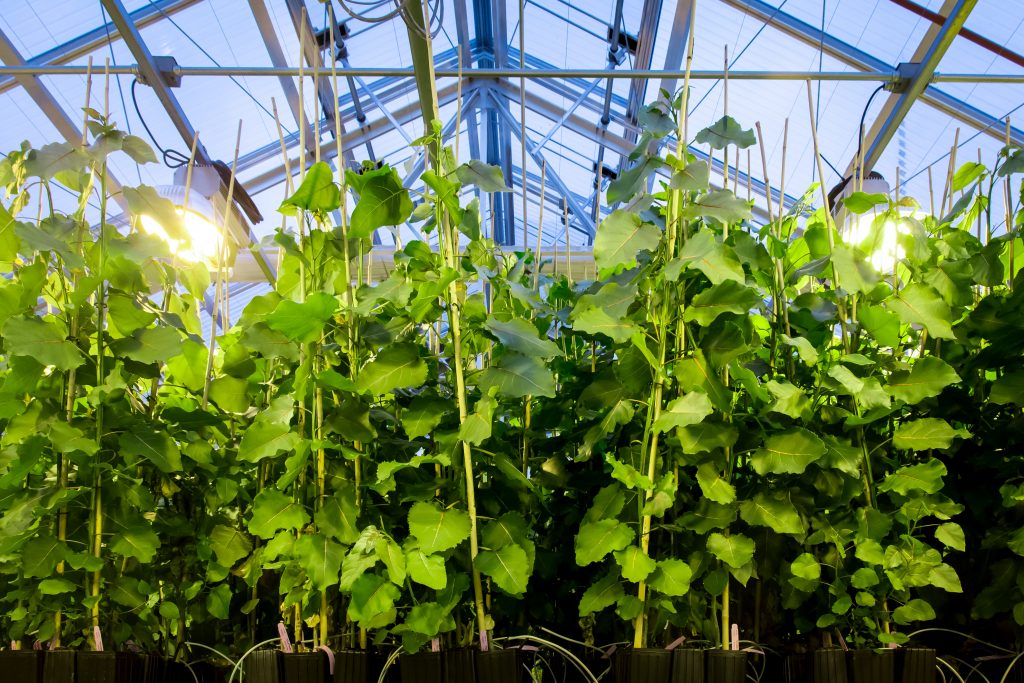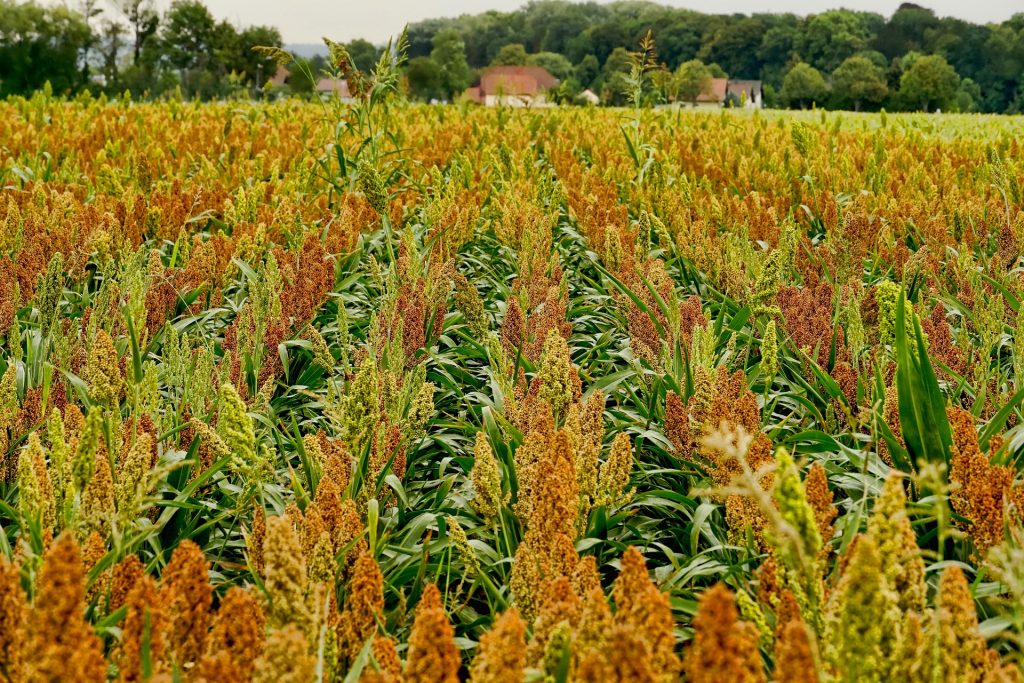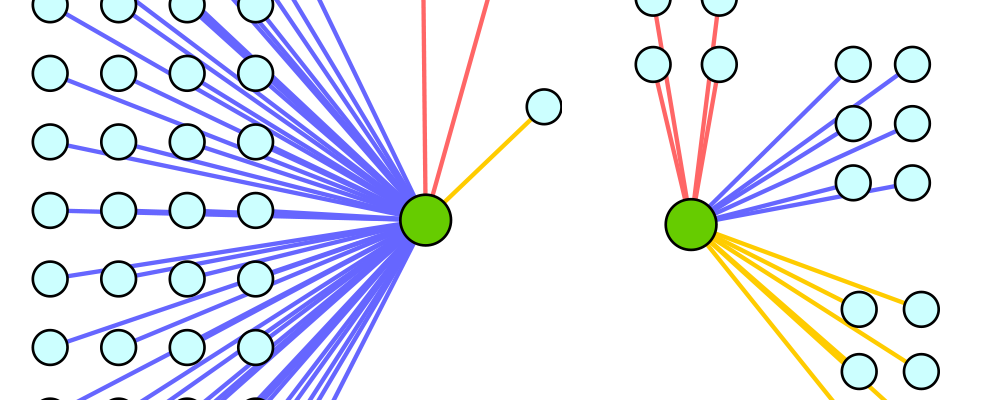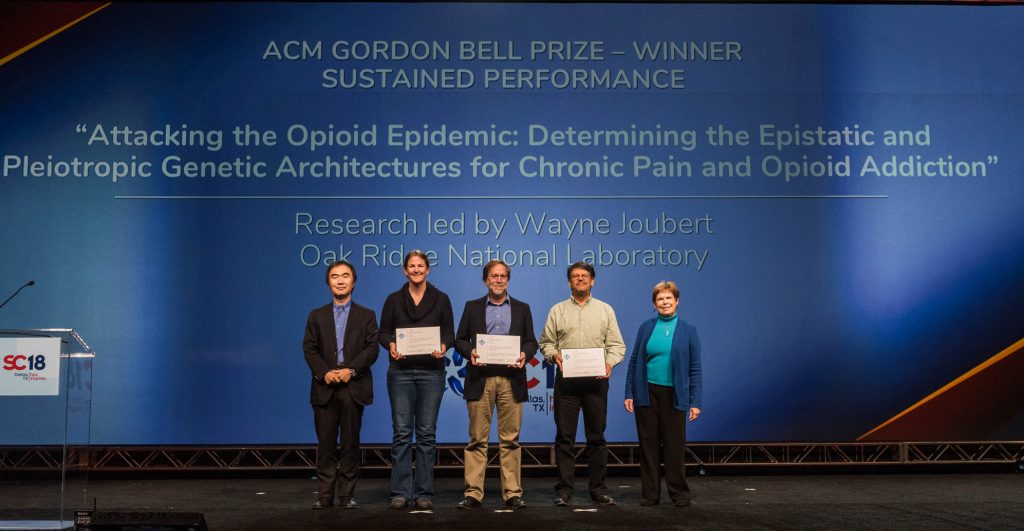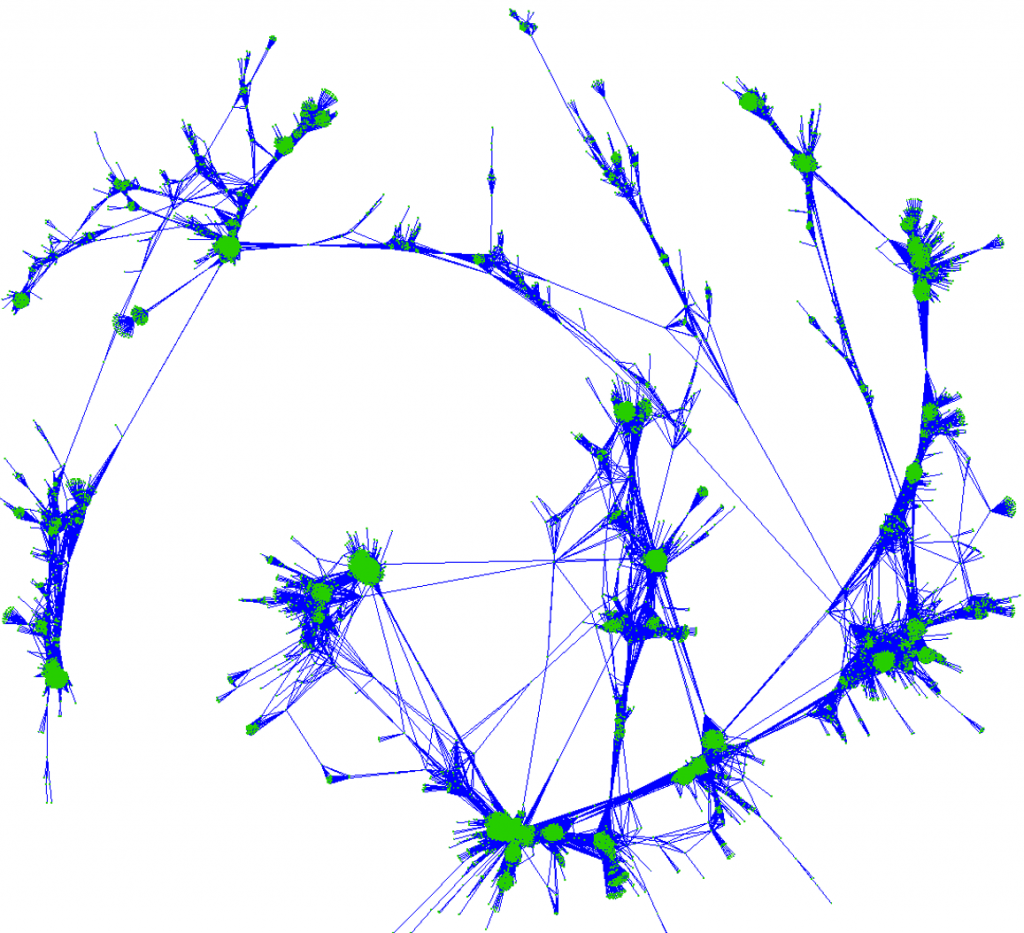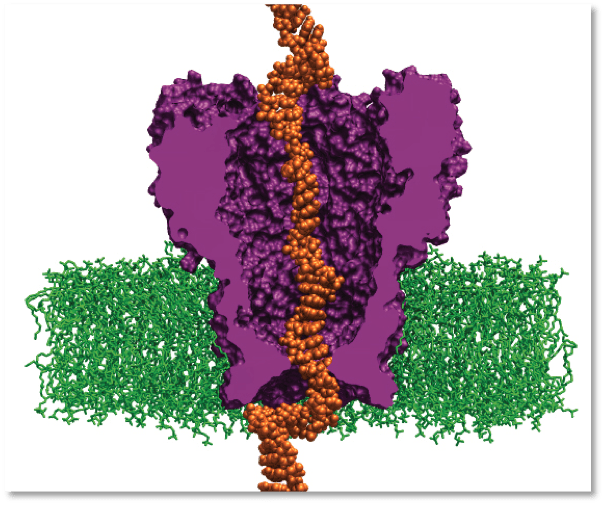
To conduct a groundbreaking study of genetic data from more than half a million U.S. veterans, scientists needed tools of the kind found only at the Department of Energy’s Oak Ridge National Laboratory. "This particular study is probably the crown jewel of the field so far," said Ravi Madduri, a…
Matt LakinDecember 18, 2024




